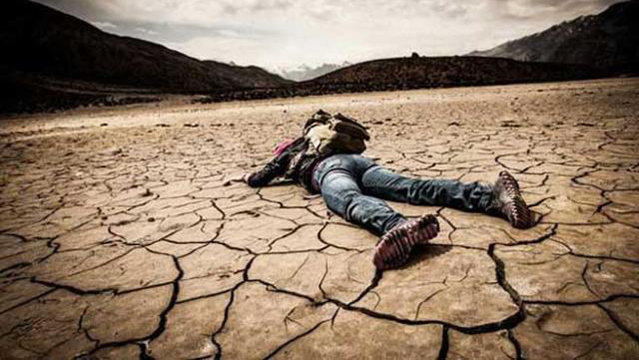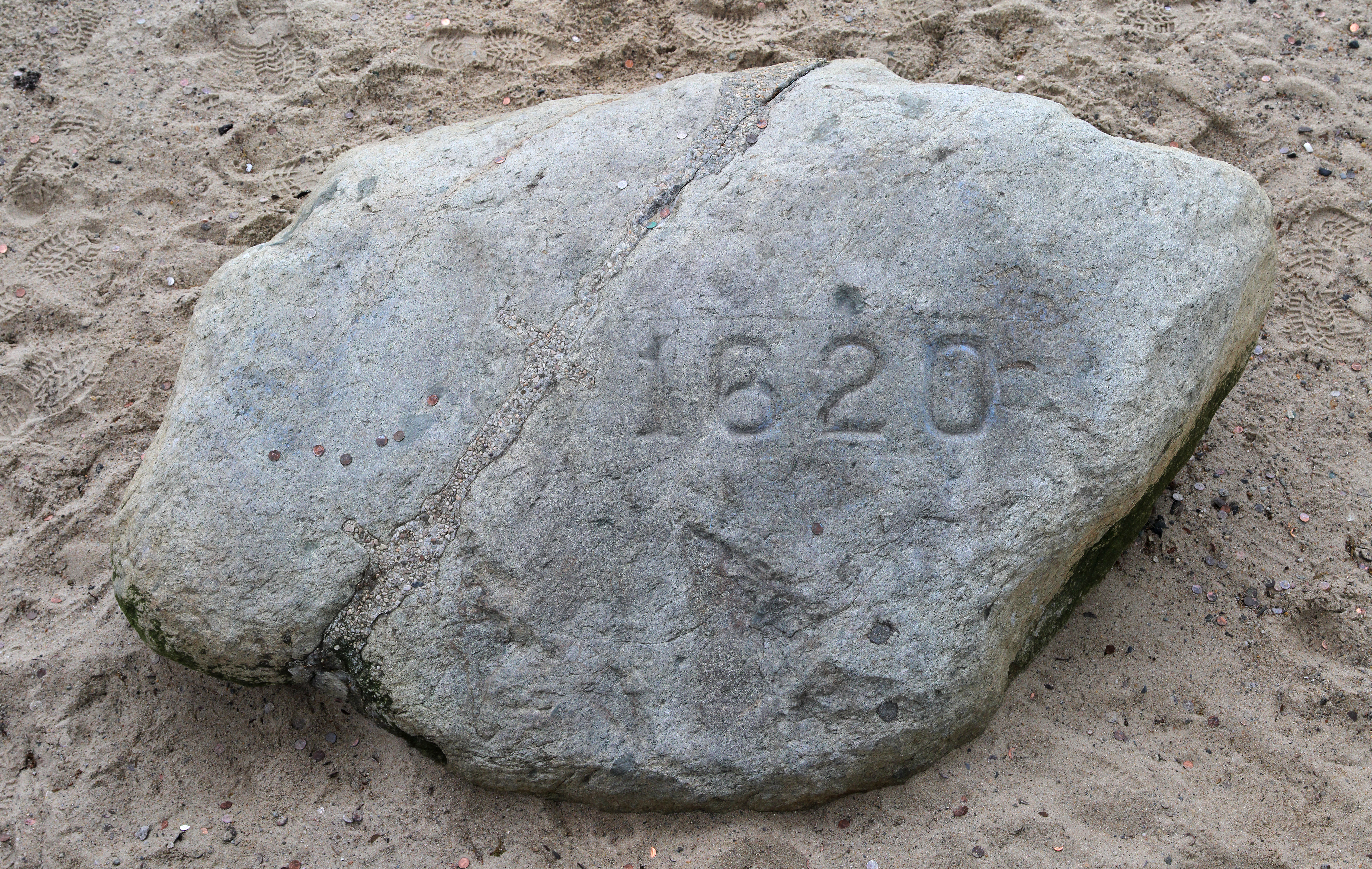I strongly believe cross disability advocacy will work out well for autistic self-advocates. We need to have a spectrum view of autism. Different functional labels or diagnoses should not divide us. Every individual has a different need and we should never let our childhood to decide the kind of resources we want to seek, to improve our quality of life and enable us to contribute to society even more.
My experiences in DPA has brought me to a greater awareness of cross disability advocacy. I do all I can to have inclusivity within me. I even look out for ways to improve accessibility across borders. When I attended the Asia Pacific Autism Conference in Sydney, Australia last September, I enjoyed spotting accessibility features such as Braille on bus stop buttons, wheelchair accessibility in buses and trains, and hearing loops. I should say Singapore has its strengths though there are some things Singapore can learn from other lands like Australia, especially accessibility for those with visual difficulties.
This leads me to my thought of cross border cross-disability advocacy. Like Singapore, Australia also has challenges towards more accessible society. One would be the lack of wheelchair accessible public transport options, as not all trams or buses or trains I rode are equipped with facilities to allow boarding of wheelchair users, and there are also shortages of accessible parking spaces. This is essential as public transport frequencies in Australia are much less frequent than those of Singapore’s, and the central city is often too busy for cars. Not everyone drives around, too.
I also remember an episode where we have an autistic delegate in the conference. He wears hearing aids. From other autistic delegates I hear, I gather he has hearing difficulties and is autistic, too. He uses Auslan, or Australian Sign Language, as a mode of communication. I know a little PECS (Pictorial Exchange Communication System) and I really enjoy non-verbal communication. I am also fortunate to see Singapore Sign Language or SgSL in action. But Auslan, it is not totally the same as the SgSL I saw. Using my atypical autistic ingenuity (slight pause), when I see this delegate with his hearing aids, I just did what I did with non-verbal autistics. on the Notes app on my phone, I wrote, ‘Hi’.
In DPA I was taught, if I need anything, I need to take the initiative to ask for accommodation, and if it is not given, I must be informed. I just safely assumed there will be an Auslan interpreter in the conference. Anyway, I asked whether there would be an Auslan interpreter.
(I thought there is) No harm asking, right?
I was then told – there will be no Auslan interpreter in the conference.
It certainly sounds devastating. And soul-crushing. In a supposedly inclusive space, we are not able to accommodate all people like me, we are not able to get the fullest experience in the conference.
In future, I make it a point that if we want to bill an event as an inclusive one, with real participation of people with disabilities, they better meet the needs of the participants. Given that there will be a major autism conference, the Asia Pacific Autism Conference 2019, the following year; I hope we will prepare better to support reasonable accommodation for the participants that come to the conference.
DPA has also given me the exposure to different cultures. In my short time in DPA, I get to work with people with different experiences in different lands.
In DPA, I have the privilege to attend a few workshops by DPA’s first and original Inclusion Trainer, Mrs Nina Munday. Nina, who hails from Scotland, gives me insights on not just the cultures she experienced, but also the best practices of inclusion and equality practices that is not just best British practices, but also Singapore’s very own. (Note: Nina is a Hong Kong-born Scot lady.)
When Nina went back to Scotland, I am glad DPA found a powerful trainer, Ms Asha Karen. Asha was already an accomplished lawyer in her home country, India. I also learn Singapore can have much to learn from the strengths of India: strong individual rights for all people, proactive approaches to disability rights, and powerful people with disabilities-led movements that takes the charge in disability rights movement in India. All these in the context of the limited national incomes India has, on average, as compared to Singapore.
Singapore has also come a long way. Singapore has little disability-related legislation that I know of. Singapore only ratified CRPD on 18 July 2013. We have progressed so much in a short span, from a nation when wheelchair users were told ‘it is more cost effective to not install lifts in train station’ to one where almost all buses are wheelchair accessible, from a nation where people with disabilities are seen as ‘beneficiaries’ to one where we can come together, contribute to society and the workforce – even TAFEP (Tripartite Alliance For Employment Practices) recognises there should be no disability-based discrimination, and celebrate our abilities. Yes, we are able!
As a citizen of the world, living in a global village, I learn that I am one of the many out there. There is no country better than other countries. In one of the activities, I think that is Common Purpose, a participant who is born in Australia asked whether there are initiatives in Singapore where we can be given grants to live our own lives and make our own decisions. I do not know of any such initiatives in Singapore right now.
However, Singapore has a unique strength in identifying family as our basic society. I am glad in Singapore; many supportive families empower their family members with disabilities to be our neighbours and our friends. Now, we have a Disabilities Council, where parents from different informal support groups outside our disability organisations gather together, with Disabled People’s Association (DPA) and Institute of Policy Studies (IPS), to gather and propose current needs and gaps, the resources and limitations, that bring out the best in all Singaporeans.
I guess it is different society, different approach.
DPA has also developed the capacity so that people with disabilities, along with it autistic individuals, will be better able to face the challenges of our futures.
In the past few months, younger DPA members stepped up to form the DPA Young Adults Section. DPA needs to develop the capacity for the next generation of leadership. In view of this, DPA members between ages 18 to 35 are in this Section, with programmes and initiatives to develop the know-how and confidence to move the disability community forward. Across disabilities, selfless, forward thinking and determined leaders that deliver change and empower the disability community will have to move their communities, so all of us can embrace the future.
With the Section, autistic leaders can benefit too. We can learn from the know-how through advocating for disability, through dismantling the barriers within different disabilities, to destroy the barriers within our minds and hearts. We will have to stand firm and think of consensus to move through the parents, the treatment providers, the non-government organisations, the government and the public, just as any public- and disability-facing organisations are reasonably expected to prepare for. We aspire to be our own voice and bring our autism community into the future.
Thank you.






